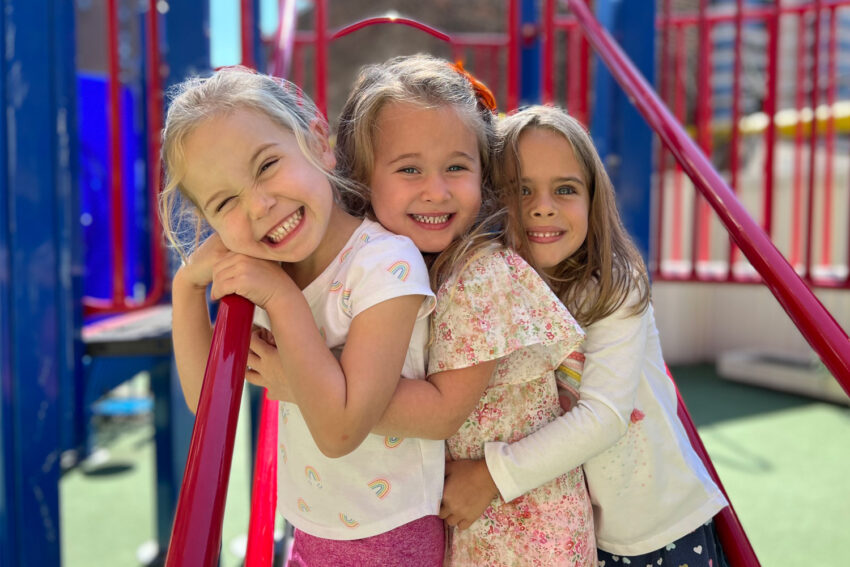The Role of Nursery School in Promoting Social Skills and Friendship Building
Nursery school plays a vital role in a child’s early development and education. Apart from academic learning, nursery schools also focus on promoting social skills and friendship building among children. These skills are crucial for a child’s overall growth and help them become well-rounded individuals. In this article, we will explore the various ways in which nursery schools foster social skills and friendship building.
Creating a Supportive Environment
Nursery schools provide a safe and supportive environment for children to interact and develop social skills. Teachers and staff create a friendly atmosphere where children feel comfortable to express themselves and make friends. They encourage positive communication, respect for diversity, and empathy towards others. This nurturing environment allows children to build self-confidence and develop healthy relationships with their peers.
Opportunities for Group Activities
Nursery schools offer numerous group activities that promote social interaction and teamwork. These activities include singing, dancing, storytelling, arts and crafts, and outdoor games. Engaging in these activities in a group setting encourages children to cooperate, share, take turns, and solve problems together. It also helps children develop listening skills, patience, and respect for others’ opinions, fostering a sense of community and friendship among them.
Building Communication Skills
Nursery schools play a crucial role in developing children’s communication skills. Through various activities and interactions with teachers and peers, children learn how to express themselves effectively, listen actively, and understand others’ perspectives. Teachers encourage conversations, role-playing, and group discussions, enabling children to refine their language skills and become confident communicators. These communication skills are vital for making friends, resolving conflicts, and building positive relationships in the future.
Encouraging Peer Interaction
Nursery schools provide ample opportunities for children to interact and engage with their peers. Whether through group projects, playtime, or mealtime, children learn valuable social skills by interacting, cooperating, and playing with others. Teachers guide and facilitate these interactions, teaching children how to share, compromise, and take turns. Through these experiences, children learn to understand and appreciate others’ feelings, perspectives, and differences, fostering empathy and friendship.
Promoting Conflict Resolution
Conflict is a natural part of any social setting, and nursery schools play a critical role in teaching children how to resolve conflicts peacefully and respectfully. Teachers guide children in identifying and expressing their emotions, teaching them problem-solving skills and negotiation techniques. They encourage children to communicate their feelings and needs, listen to others, and find mutually agreeable solutions. By learning conflict resolution skills at an early age, children develop healthier relationships, empathy, and a deeper understanding of others.
Teaching Social Graces and Manners
Nursery schools also focus on teaching children social graces and manners, which are essential for building friendships and maintaining positive relationships. Children learn how to greet others, say please and thank you, share, wait for their turn, and respect personal boundaries. These social skills not only enhance children’s interactions with their peers but also prepare them for future social settings, such as school and later stages of life.
The role of nursery schools in promoting social skills and friendship building cannot be overstated. By creating a supportive environment, offering group activities, building communication skills, encouraging peer interaction, teaching conflict resolution, and imparting social graces, nursery schools lay the foundation for children to develop strong social skills and nurture lasting friendships. These skills not only benefit children in their immediate environment but also shape their future interactions, relationships, and overall well-being.
Nidhin
For More Details Call: +917510220582

